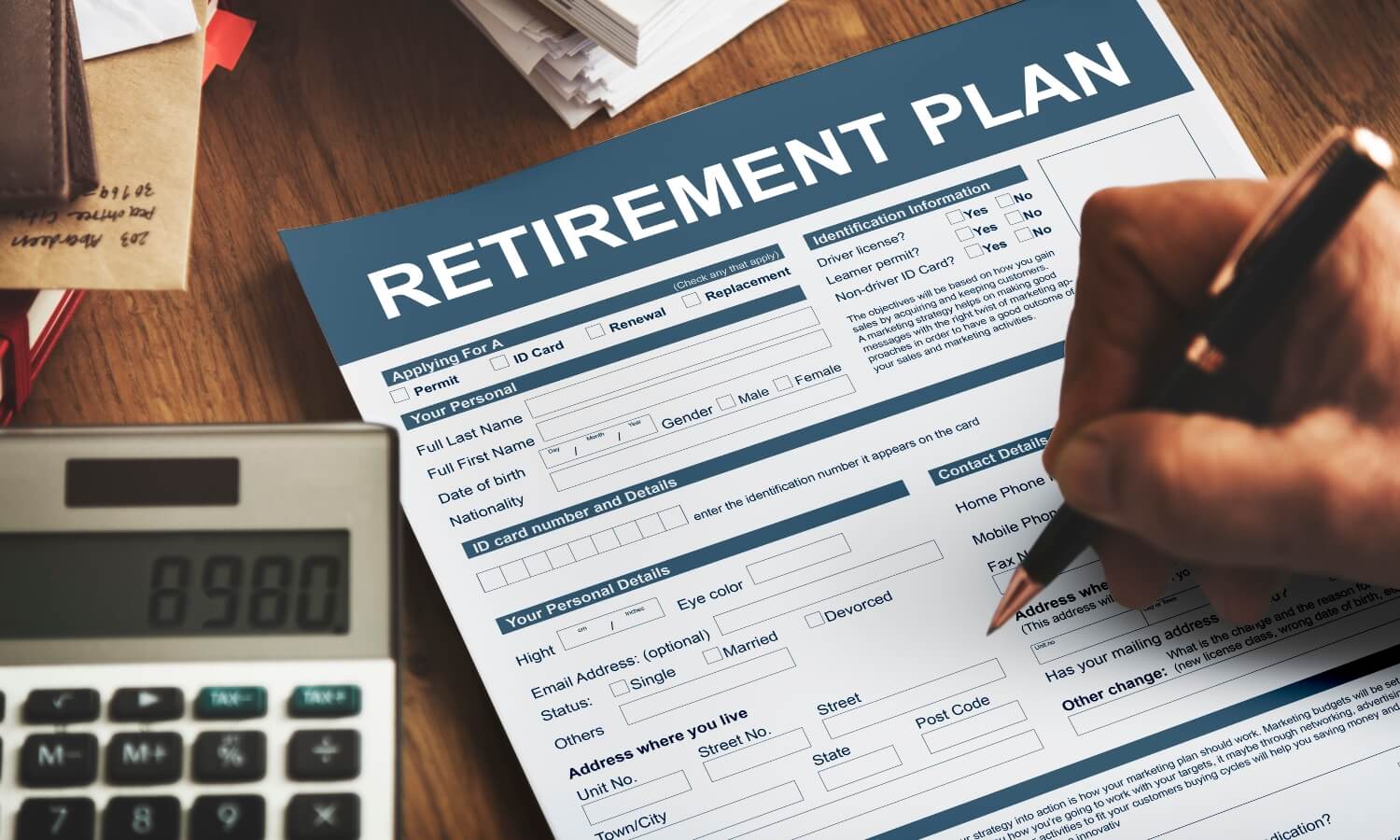A will ensures that your direction as to the legacy you leave behind is honored, even when you are not here to speak. At Trusts and Estates Law Group (of North Carolina), we take pride in plans that respect your life’s work and the people you love. We have seen families thrive when directions are clear, short, and legally sound. This article gives you a plain-English tour of the requirements for a North Carolina will, so you can make choices with confidence.
Overview of Wills in North Carolina
A will, often called a last will and testament, is a written plan for how your property should be handled after death. With a will, you name who gets what, choose a guardian for minor children, and pick an executor to carry out your plan. If there is no valid will, North Carolina intestacy rules take over, and assets pass by statute, not personal wishes.
Who Can Make a Will in North Carolina?
Under N.C. Gen. Stat. § 31-1, the will maker, called the testator, must be at least 18 and of sound mind. That standard is not perfect memory or flawless health. It is a basic ability to understand what you own, who is in your life, and what a will does.
To be of sound mind, you should be able to grasp the following:
The nature and extent of your property, like your home, accounts, and personal items.The natural objects of your bounty, meaning the people and causes you would reasonably think about as recipients.The effect of signing a will, and the plan your will puts in place.
With those pieces in place, you can move on to the form of will that fits your situation.
Types of Wills Recognized in North Carolina
North Carolina law recognizes several will types, each with different formalities. The three main versions are attested written wills, holographic wills, and nuncupative (or oral) wills.
North Carolina Will Types at a Glance
TypeWritingSignatureWitnessesScopeStatuteAttested Written WillTyped or handwritten documentSigned by testator, or by another at testator’s direction in testator’s presenceTwo competent witnesses sign in the testator’s presenceReal and personal property§ 31-3.3Holographic WillEntirely in the testator’s handwritingSigned by the testatorNo witnesses requiredReal and personal property§ 31-3.4Nuncupative WillOral statementDeclared by the testator in their last sickness or perilTwo competent witnesses present at the same timePersonal property only§ 31-3.5
Let’s look at how each type works in practice and where folks tend to stumble.
Attested Written Wills
An attested will is signed by the testator and witnessed by two competent witnesses, as required by N.C. Gen. Stat. § 31-3.3. The testator can sign personally, or direct another to sign in the testator’s presence. The testator must also acknowledge in front of the witnesses that the document is a will.
The witnesses must sign in the testator’s presence, but they do not have to sign in each other’s presence. Many people use neutral, disinterested witnesses to avoid potential controversy.
Here is a quick checklist for the signing moment:
Have the full document ready, no blanks left open.Testator signs in front of both witnesses, or acknowledges a prior signature.Both witnesses sign in the testator’s presence.
Some people use holographic wills, but an attested will usually offers more clarity and fewer headaches for family members.
Holographic Wills
A holographic will is handwritten by the testator and signed by the testator, see § 31-3.4. No witnesses are needed. That sounds simple, but handwriting must cover the entire will text, and unclear wording can trigger disputes.
People who create holographic wills often mix typed and handwritten text, which can cause problems. If you use this route, write it all out, sign it, and keep it safe.
Even with a valid holographic will, families often face extra proof issues in probate. That is one reason why many people prefer a typed, witnessed document.
Nuncupative (Oral) Wills
Oral wills are only allowed in very narrow situations, § 31-3.5. The testator must make the statement in their last sickness or in imminent peril, not survive that peril, and ask two competent witnesses, present at the same time, to bear witness. This option can only distribute personal property.
Because proof is tough and limits are strict, oral wills are risky. Written wills are far more reliable and easier on your loved ones.
Whatever type you choose, you will still need a few key parts. We spell those out next.
Key Elements of a Valid Will in North Carolina
The law focuses on intent, proper witnesses, and a valid signature. Getting these right makes probate smoother and protects your plan.
Testamentary Intent
Your will should clearly say how you want property distributed. You can also name a guardian for minor children and appoint an executor to manage the estate. Clear directions reduce confusion and cut down on family stress.
Simple wording works fine. The goal is a plan people can follow without guessing what you meant.
Witness Requirements
For attested wills, North Carolina requires two witnesses who are mentally competent and disinterested, meaning they do not benefit from the will, see § 31-8.1. The testator signs in front of the witnesses, or acknowledges a prior signature to them. After that, the witnesses sign in the testator’s presence.
Under § 31-10, a witness who also receives a gift can lose that gift if there are not two other disinterested witnesses. Using disinterested witnesses avoids that trap.
Signature
The testator must sign the will, or direct someone to sign on the testator’s behalf in the testator’s presence, § 31-3.3. This is a small step, yet it carries big legal weight. Make it neat, dated, and consistent on all pages.
With the basics covered, you can add a helpful layer that makes probate go faster: a self-proving affidavit.
Self-Proving Affidavit: What It Is and Why It Matters
A self-proving affidavit is a short document that confirms the testator signed the will properly, N.C. Gen. Stat. § 31-11.6. It is signed by the testator and both witnesses in front of a notary. Courts can then accept the will without calling in witnesses to testify.
This saves time and cost, especially if witnesses have moved or passed away. Many families find this small step to be a big relief later.
To create a self-proving will, do the following:
Execute the will with two qualified witnessesAll three, the testator and both witnesses, sign the affidavit before a notary publicKeep the will and affidavit together
Notarization of the affidavit is different from notarizing the will itself, and it is what gives the will its self-proving status.
Notarization: Is It Required?
North Carolina does not require notarization for a will to be valid. A properly signed and witnessed will stands on its own.
Notarization becomes helpful when you add the self-proving affidavit. That notary step makes probate quicker and cleaner.
What Happens If a Will Is Not Valid?
If a will fails to meet legal requirements, the court will not enforce it. That can turn a careful plan into a statutory default scheme.
In that case, your property passes under North Carolina intestate succession rules, N.C. Gen. Stat. § 29-1. Many clients are surprised to learn that this can send assets or shares to people they did not intend.
Revoking or Changing a Will
You can revoke or change your will at any time while you remain of sound mind. Life changes, and your plan should keep up with them.
Under § 31-5.1, common methods of revocation include:
Signing a new will or codicil that replaces or changes the old one.Physically destroying the old will with the intent to revoke it, like tearing or burning it.
Divorce has a certain effect. Provisions for a former spouse are treated as revoked unless your will says otherwise, N.C. Gen. Stat. § 31-5.4.
Safeguarding Your Will
Do not store the only signed original with the will-drafting attorney. Lawyers retire, move, and firms change, and originals can get lost. Keep the original where your executor can reach it.
North Carolina allows you to deposit your will with the Clerk of Superior Court for safekeeping, see § 31-11. It stays sealed and can be withdrawn by you or your authorized agent.
Popular storage choices include:
The Clerk of Superior Court will deposit, with a receipt kept at home.Home safe that a trusted person can access.Safe deposit box, but only if your executor will have prompt access.
Tell your executor where the original is located. A perfect plan is no help if nobody can find it.
Have Questions About Creating Your Will? Contact Us Today
At Trusts and Estates Law Group (of North Carolina), PLLC, we focus on plans that honor your values and reduce stress for the people you love. If you want a North Carolina will that meets the statute and fits your life, we can help you get it done the right way. Feel free to call us at 919-782-3500 or reach out through our Contact Us page. We welcome your questions and look forward to helping you protect your legacy with care and clarity.
























